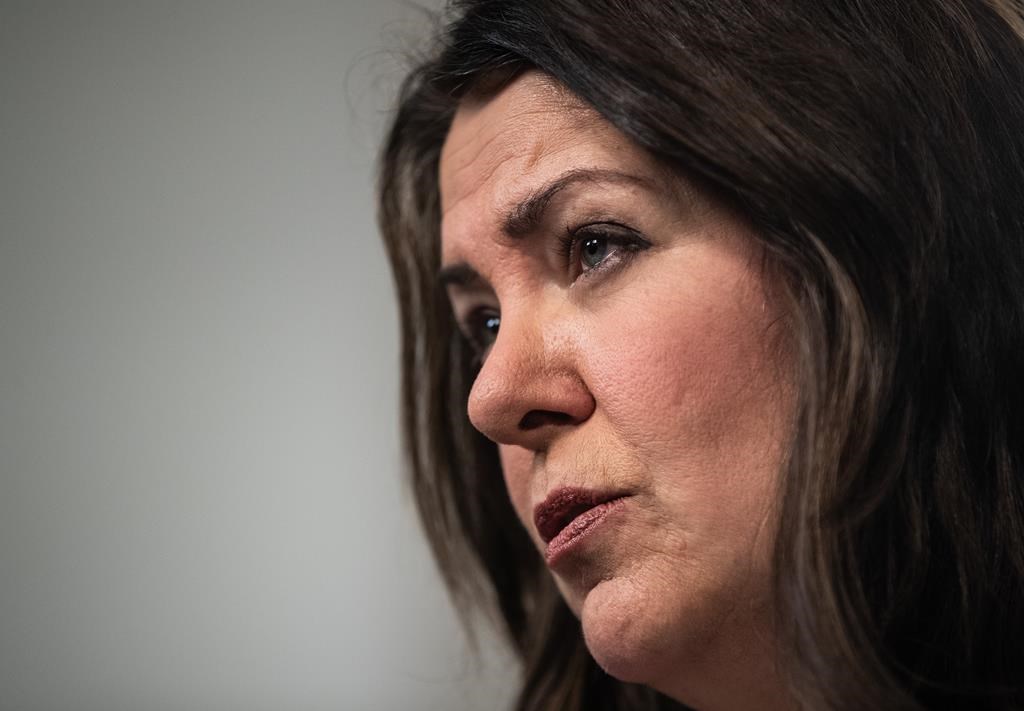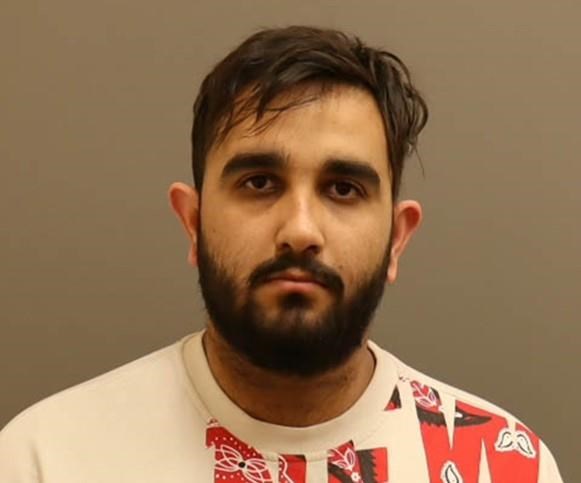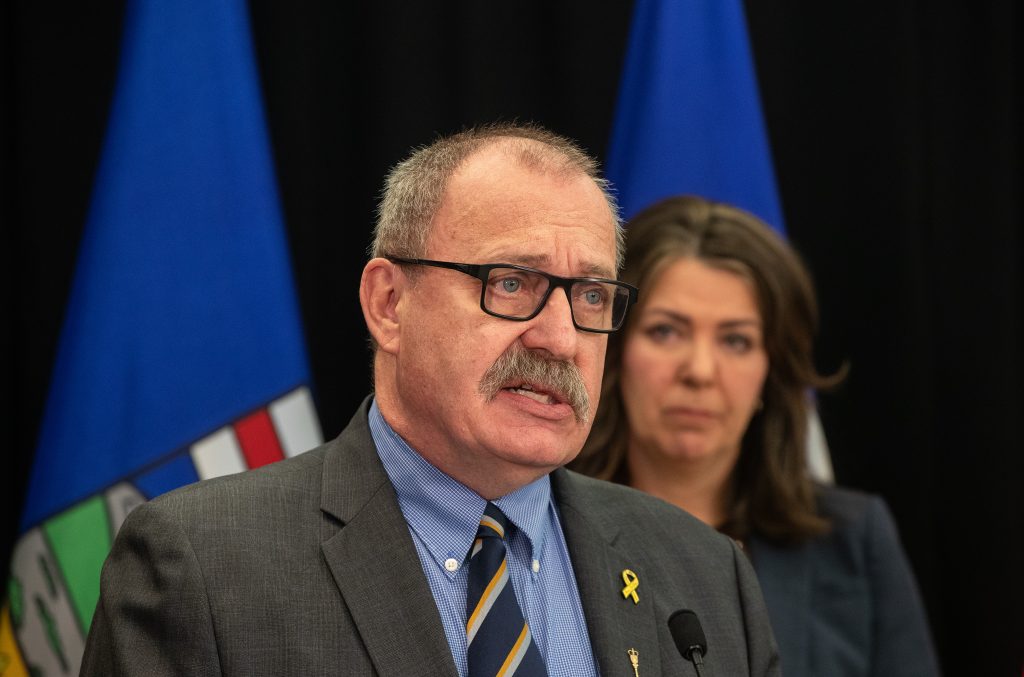Governor General Julie Payette resigns over allegations of workplace abuse
Posted Jan 21, 2021 4:02 pm.
Last Updated Jan 21, 2021 7:18 pm.
Governor General Julie Payette has resigned in advance of a report which looked into allegations she mistreated past and current employees at Rideau Hall, saying for the good of the country, it was time for her to go.
The Privy Council Office launched an independent review of the claims last summer after allegations emerged that Payette yelled at, belittled and publicly humiliated employees, reducing some to tears or prompting them to quit.
Intergovernmental Affairs Minister Dominic LeBlanc, who presides over the Privy Council Office, said the government received the report late last week.
“The conclusions were compelling and they were stark,” LeBlanc said in an interview.
“It was obviously an unacceptable workplace. Public servants who work for the government of Canada have the right to a secure, safe and healthy workplace and we are adamant … that that standard be upheld at every institution of the government of Canada.”
He said the report “painted a picture that was not consistent” with that standard.
LeBlanc said he talked to Payette about the report on Tuesday and she then talked to Prime Minister Justin Trudeau on Wednesday evening, at which time “she indicated that it was her intention to offer her resignation,” which was received Thursday afternoon.
While he wasn’t part of Trudeau’s conversation with Payette, LeBlanc said he didn’t think the prime minister asked for her resignation or threatened to fire her if she didn’t resign voluntarily.
“I think she had arrived at the conclusion that it would be best for the institution and the country that she terminate her mandate.”
Payette apologized for the tensions at Rideau Hall in the last several months, but in a statement announcing her historic resignation – a first for a Governor General – she also suggested she disagreed with the characterizations of her leadership.
“We all experience things differently, but we should always strive to do better, and be attentive to one another’s perceptions,” she said.
“I am a strong believer in the principles of natural justice, due process and the rule of law, and that these principles apply to all equally. Notwithstanding, in respect for the integrity of my viceregal office and for the good of our country and of our democratic institutions, I have come to the conclusion that a new Governor General should be appointed,” she continued. “Canadians deserve stability in these uncertain times.”
She also suggested the move was made for personal reasons, citing her father’s declining health.
“So it is with sureness and humility, but also with pride over what was accomplished during my tenure as Governor General and in my service to the country for the past 28 years, that I have submitted my resignation,” she wrote.
In a terse statement, Prime Minister Justin Trudeau acknowledged he had received her resignation.
“Every employee in the Government of Canada has the right to work in a safe and healthy environment, and we will always take this very seriously,” he said.
“Today’s announcement provides an opportunity for new leadership at Rideau Hall to address the workplace concerns raised by employees during the review.”
The secretary to the governor general, Assunta Di Lorenzo, also resigned Thursday from her senior post.
Brian Sauvé, President of the National Police Federation, which is the union for RCMP members, released a statement Thursday in response to the review, saying that members of Payette’s RCMP detail were allegedly harassed.
“In September 2020, we learned of stories of harassment and other troubling behaviour experienced by RCMP Members assigned to Governor General Julie Payette’s Protection Detail,” the statement reads.
“The NPF is committed to ensuring that RCMP members work in an environment free of harassment, bullying and intimidation and that accessible, stigma-free supports exist when this occurs.”
Payette has also been accused of incurring a variety of extraordinary costs since she was named to the post back in 2017.
While the Governor General is a largely symbolic position, it does have some constitutional importance, particularly during a minority government such as the one Canada has now.
In 2008, former prime minister Stephen Harper asked then-governor general Michaelle Jean to prorogue Parliament to avoid a non-confidence vote he was expected to lose – a decision that was controversial at the time but in keeping with constitutional tradition.
Payette’s appointment was controversial from the outset. Shortly after she took the job, it emerged that she’d been charged with second-degree assault while living in Maryland in 2011.
She called the charged unfounded, and it has since been expunged.
But as details of that incident emerged, so did revelations that she was involved in a fatal hit-and-run accident that same year. The case was closed without charges after a police investigation.
Both incidents raised immediate questions about how thoroughly she had been vetted for the job, and accusations she wasn’t the right fit for it have dogged her ever since.
She did not move into the official residence of Rideau Hall when she took the job, and nearly two years in, still wasn’t living there, citing privacy concerns linked to ongoing renovations.
Instead, Payette based herself in her home province of Quebec, where she has also spent a great deal of time during the COVID-19 pandemic.










